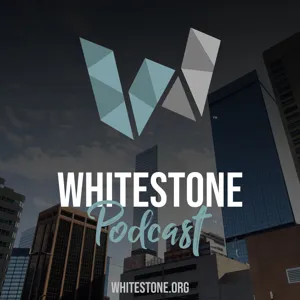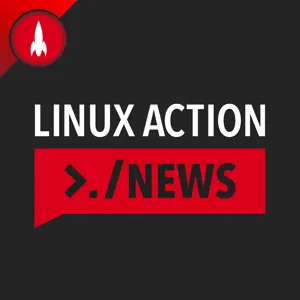76. Protecting deals in the cloud: building security into every layer - with Oscar van Tol

In this special episode, Rick interviews Oscar. We talk about Oscar’s work at Virtual Vaults. For the people who don’t know, Oscar is the CTO of Virtual Vaults, a platform for M&A transactions. Mergers & Acquisitions, that is. We discuss the development of their SaaS platform, emphasizing security and compliance. Oscar highlights their focus on constant improvement through new features, evolving technologies, and an agile culture. He outlines their plans for the coming year, which include improving reliability, security, and developer experience through initiatives like moving to Azure Container Apps. We also cover topics like cloud adoption, software architectures, database choices, and lessons learned over the company's evolution.
About this episode, and Oscar van Tol in particular: you can find Oscar on @oscarvantol on X and GitHub.
About Betatalks: have a look at our videos and join us on our Betatalks Discord channel














